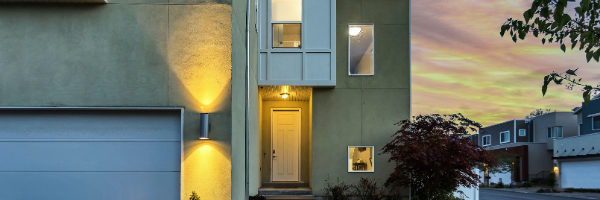
Despite President Ramaphosa’s optimistic analogies of fynbos re-emerging after fire, 2021’s State of the Nation Address made it clear that South Africa has a long, and largely undefined, road to recovery ahead. While defeating the coronavirus pandemic and state corruption featured highly, economic recovery took centre stage. The good news is, this is one area in which help may be at hand from an often overlooked economic contributor: property.
“The latest estimates that I’ve seen show the South African property sector contributing as much as R191-billion to our GDP, with a R46-billion direct contribution to the fiscus,” says Tony Clarke, MD of the Rawson Property Group. “That’s a far more significant contribution than the sector typically gets credit for, and we have reason to believe it could be increasing even further in 2021.”
MD of the Rawson Property Group. “That’s a far more significant contribution than the sector typically gets credit for, and we have reason to believe it could be increasing even further in 2021.”
According to Clarke, the property sales momentum created by 2020’s “unicorn” buying conditions (rock-bottom interest rates, motivated lenders and plenty of well-priced stock) shows no sign of slowing down as yet. Should the various economic stimuli announced in the president’s address be implemented successfully, he believes this activity – and the valuable liquidity it adds to the economy – could continue well into 2021, at the very least.
“One of the most pivotal factors will be the recovery of business and consumer confidence,” he says. “This impacts real estate directly, by increasing people’s willingness to invest in long-term assets like property, and indirectly, by improving job security and income growth and therefore affordability.
“In return, a healthy property market stimulates the GDP and boosts confidence levels further. Barring disruptions, this creates a self-supporting growth cycle that could contribute significantly to our country’s economic recovery.”
Clarke says 2020’s property activity boom has already improved investor confidence in property both locally and internationally, where buyers have the additional motivation of a very favourable exchange rate. However, broader economic stimuli will go a long way towards building sustainable confidence levels across the board, maintaining this momentum long after interest rates and property price growth return to “normal” levels.
“There were a number of programmes outlined during SONA that could contribute towards this objective,” says Clarke. “These include expanding local production and exports, prioritising local procurement from SMMEs, addressing ongoing electricity shortages, investing in infrastructure and job creation, and – perhaps most importantly – fighting state corruption.”
Some progress on these fronts has already been reported. Over 430 000 job opportunities have been supported through the Presidential Employment Stimulus as of January 2021, and a further 180 000 opportunities are in recruitment. The 100-billion infrastructure fund is now also in operation with R340-billion worth of investment in the pipeline for network industries like energy, water, transport and telecommunications.
“It’s gratifying to know that there has been some progress, despite all the odds stacked against us last year,” says Clarke. “Every little improvement contributes to positive investor sentiment, and encourages participation in sectors like property which play an essential role in supporting and growing the economy.”